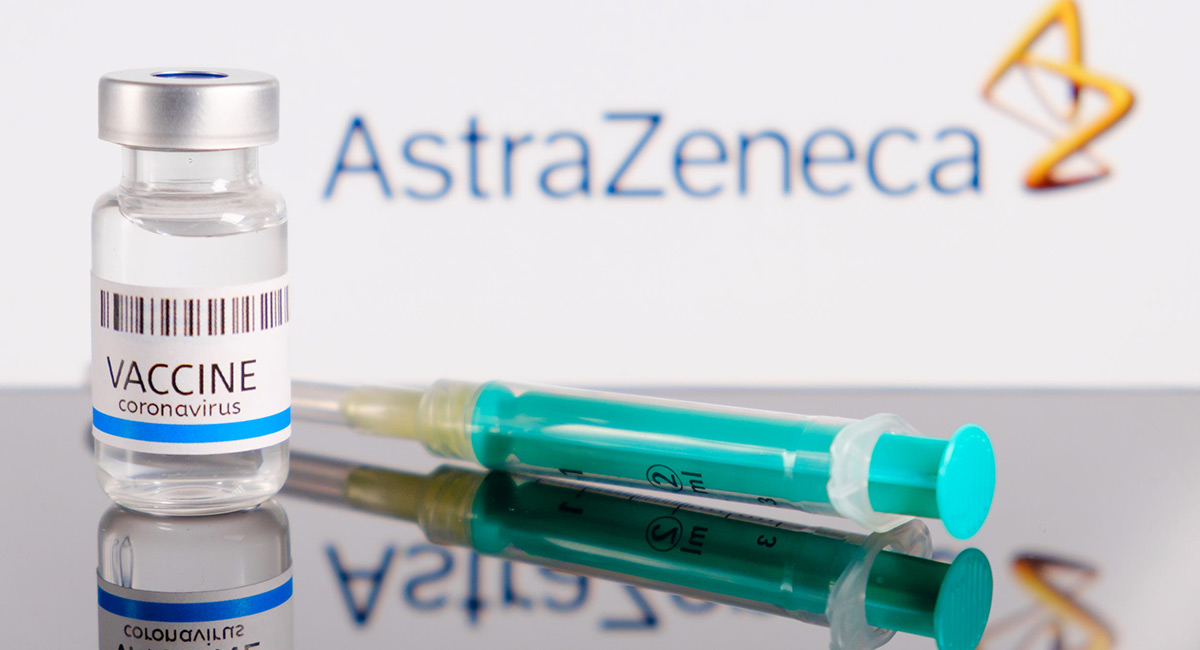The United States recently surpassed 550,000 deaths attributed to COVID-19. This is more lives lost than in World War I, World War II and the Vietnam War combined.
Fortunately, things are improving. COVID-19 infections and deaths have decreased considerably over the past few months. According to the COVID-19 Hospitalization Tracking Project, about 36,000 Americans were hospitalized with COVID-19 as of April 1, almost 100,000 less than were hospitalized this January.
Much of this improvement stems from the country-wide effort to vaccinate the population against the virus. According to the Centers for Disease Control and Prevention (CDC), nearly 154 million COVID-19 vaccine doses have been distributed. More than 2 million vaccines are now administered daily.
Unfortunately, there are also reasons for concern.
Recent data indicate COVID-19 cases are up slightly since the end of March. Some European countries have reinstituted lockdown measures. A shipment of 15 million doses of Johnson & Johnson’s COVID-19 vaccine had to be thrown away due to contamination issues.
Public health officials warn we are not out of the woods yet. The best way out is to vaccinate as many willing participants as possible, as quickly as possible. To that end, we must offer as many safe vaccine options as possible.
AstraZeneca’s COVID-19 vaccine would be a more than welcomed addition to the available other vaccines. But recent health concerns regarding the AstraZeneca vaccine and its possible link to blood clots could prevent the vaccine from reaching Americans for the foreseeable future.
As of March 31, 62 patients across Europe reported experiencing pulmonary embolisms caused by blood clots after receiving the AstraZeneca vaccine. In response, many countries across Europe have stopped providing the vaccine as a “precautionary measure” until more testing reconfirms the treatment is safe.
AstraZeneca had planned to submit its vaccine for approval by the U.S. Food and Drug Administration (FDA) this month. However, with much of Europe demanding more testing, speedy U.S. approval seems unlikely.
That’s unfortunate. Because there’s nothing in the clinical or experiential data that justifies preventing anyone from receiving this vaccine.
To date, nearly 17 million patients have received AstraZeneca’s vaccine safely, making blood clots an exceptionally rare side-effect. Blood clots also are generally a temporary and treatable condition. Statistically, patients are more likely to experience severe allergic reactions to other currently available COVID-19 vaccines. These reactions can be harmful, even fatal, without immediate medical attention. Yet, these vaccines are hailed as Nobel Prize worthy.
This is not to downplay the potential harm caused by blood clots or other vaccine side effects. As with all treatments, the potential to help must be weighed against the risk of harm. Even aspirin is responsible for an estimated 8,000 deaths in the United States and Canada each year.
But a global pandemic alters this equation. If we have learned anything during the pandemic, it is that over-caution kills.
When the pandemic reached the United States in late January of last year, the FDA and CDC’s stringent standards to develop COVID-19 diagnostic tests delayed needed testing, just as the virus’s spread was accelerating. Two months after the first confirmed infection, only 1,235 patients across the country had been tested for COVID-19. Other nations were able to perform millions of tests per day by relaxing regulatory standards.
Calls for additional vaccine safety reviews in late 2020 were equally harmful. Before the FDA approved the first COVID-19 vaccine, it sought advice from an advisory panel. The panel took two weeks to offer its opinion. During that time, an additional 30,000 Americans died from COVID-19.
Safety always should be a priority. But during volatile and trying times like pandemics, too much safety can be as harmful as too little.
AstraZeneca’s COVID-19 vaccine should be approved and given to patients as soon as possible. The benefits clearly far outweigh the risks.








